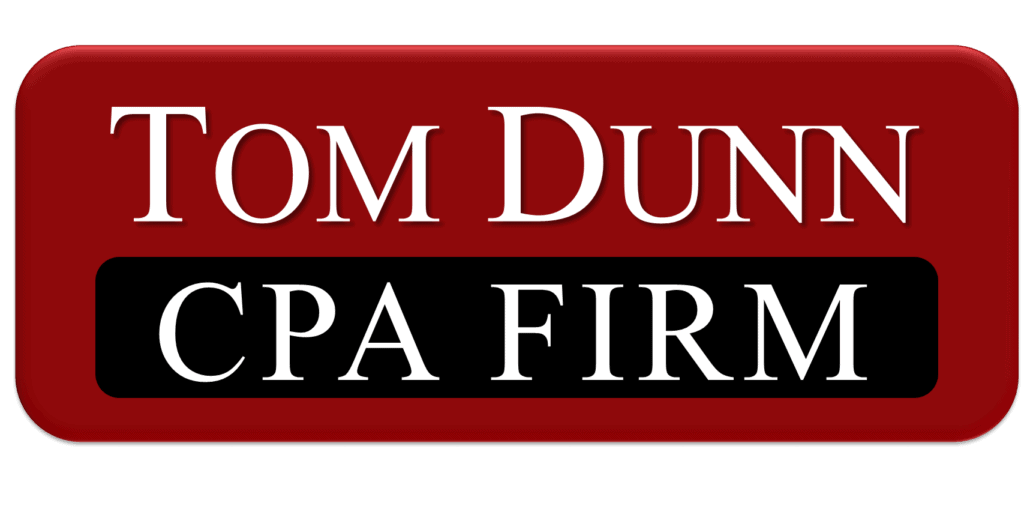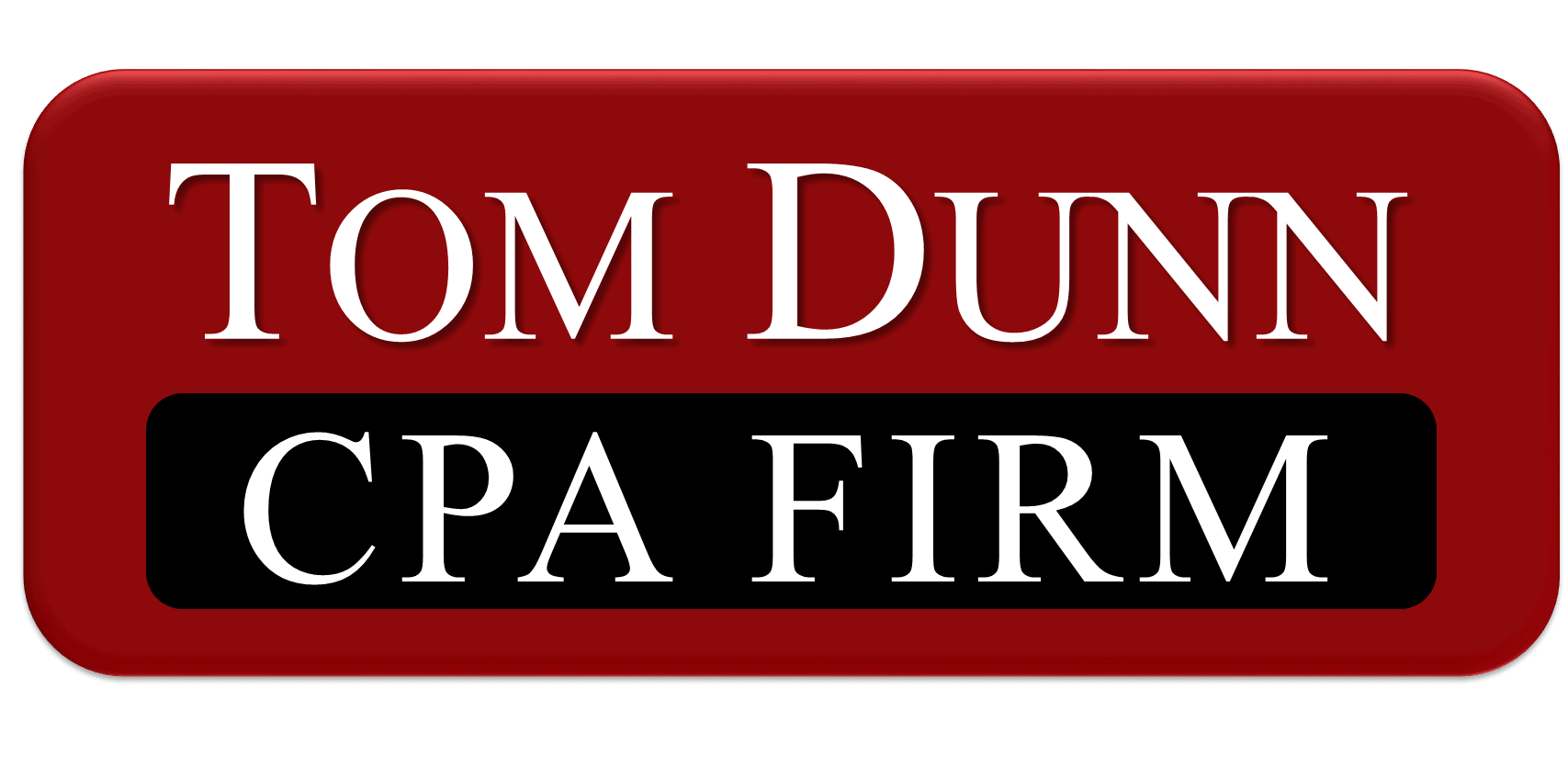If your business is organized as a sole proprietorship or as a wholly owned limited liability company
(LLC), you’re subject to both income tax and self-employment tax. But there may be a way to cut your tax
bill by conducting business as an S corporation! Here’s what you need to know.
Filing as an S Corporation Could Cut Your Self-Employment Tax
First, it helps to understand the fundamentals of self-employment tax. This tax is imposed on 92.35% of self-employment income at a 12.4% rate for Social Security up to a certain maximum ($142,800 for 2021) and at a 2.9% rate for Medicare. No maximum tax limit applies to the Medicare tax. An additional 0.9% Medicare tax is imposed on income exceeding $250,000 for married couples ($125,000 for married persons filing separately) and $200,000 in all other cases.
What if you conduct your business as a partnership in which you’re a general partner? In that case, in addition to income tax, you’re subject to the self-employment tax on your distributive share of the partnership’s income.
On the other hand, if you conduct your business as an S corporation, you’ll be subject to income tax, but not self-employment tax, on your share of the S corporation’s income.
An S corporation isn’t subject to tax at the corporate level. Instead, the corporation’s items of income, gain, loss and deduction are passed through to the shareholders. However, the income passed through to the shareholder isn’t treated as self-employment income. Thus, by using an S corporation, you may be able to avoid self-employment income tax.
Keeping Your Salary “Reasonable” when Filing
Be aware that the IRS requires that the S corporation pay you reasonable compensation for your services to the business. The compensation is treated as wages subject to employment tax (split evenly between the corporation and the employee), which is equivalent to the self-employment tax. If the S corporation doesn’t pay you reasonable compensation for your services, the IRS may treat a portion of the S corporation’s distributions to you as wages and impose Social Security taxes on the amount it considers wages.
There’s no simple formula regarding what’s considered reasonable compensation. Presumably, reasonable compensation is the amount that unrelated employers would pay for comparable services under similar circumstances. There are many factors that should be taken into account in making this determination. We recommend that you speak with a tax advisor before making a decision.
Converting from a C Corporation to an S Corporation
Please note that there may be complications if you convert a C corporation to an S corporation. A “built-in gains tax” may apply when you dispose of appreciated assets held by the C corporation at the time of the conversion. However, there may be ways to minimize its impact.
Contact us if you’d like to discuss the factors involved in conducting your business as an S corporation, and how much the business should pay you as compensation.
Contact Tom Dunn for Information about Filing as an S Corporation
The professionals at Tom Dunn can help you determine if filing as an S Corporation is the right move for your business. We can also help mitigate the complications that can go along with switching. Give us a call! We’re happy to discuss your options with you in detail.




